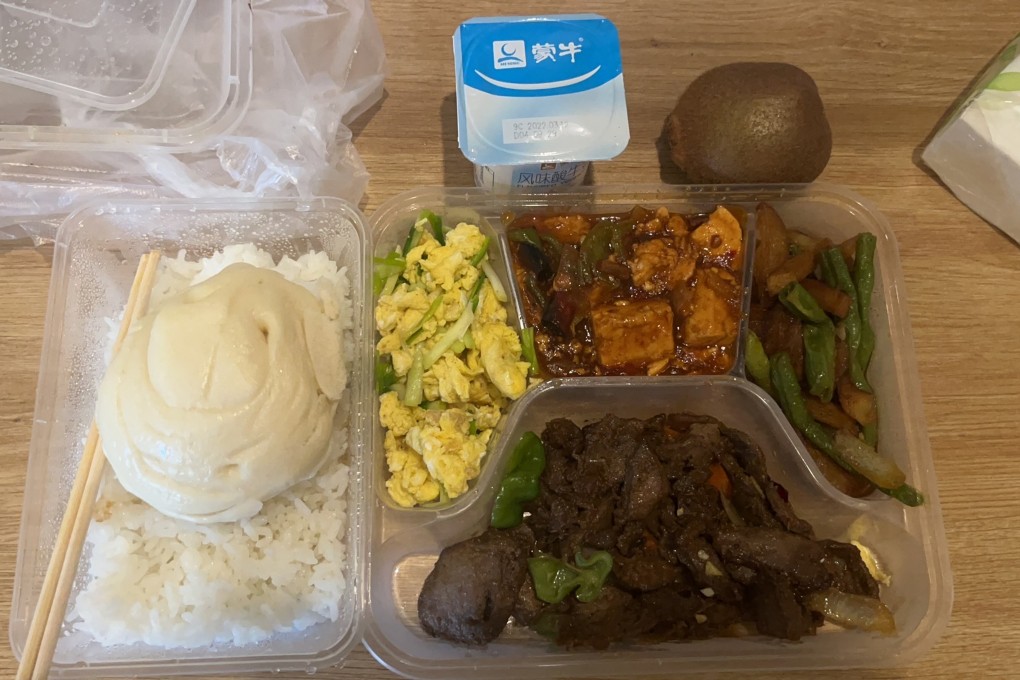China coronavirus quarantine diary: ‘stigmatised, but the moment I saw my parents, the 28 days had paid off’
- China has resolutely stuck to its zero-Covid approach to dealing with the coronavirus, which differs from many countries who are moving to a ‘living with the virus’ approach
- SCMP reporter Ji Siqi decided to return to her hometown despite Shenyang having the world’s most stringent coronavirus quarantine measures for overseas travellers

Day 21-28: Shanghai to Shenyang quarantine hotel
Simply securing a flight ticket is no longer enough for me to get home. As a person coming from overseas within 28 days, I need to report to the community workers responsible for my neighbourhood in Shenyang about my impending return first.
I felt terribly sorry about disturbing someone on Sunday, but I had no other choice. Ever since the pandemic began, some 4 million community workers haven’t really enjoyed their weekends, as the burden of carrying out China’s zero-Covid prevention measures at ground level have fallen on their shoulders.
When I messaged the worker handling my case, she was organising mass testing in one of the neighbourhoods she was in charge of.
As soon as I was released from the second quarantine hotel, I got on a taxi to the airport. I had arrived in the city in the cold of winter, and three weeks later when I was leaving, the taxi driver was wearing a short-sleeve T-shirt, while rapeseed flowers bloomed along the motorway.
The check-in procedure at the airport for me took extra time as I was to return to quarantine when I arrived in Shenyang. And apparently, my information had been shared with staff at Shenyang airport, because when I landed, I was asked to remain on the plane until all the other passengers got off.
